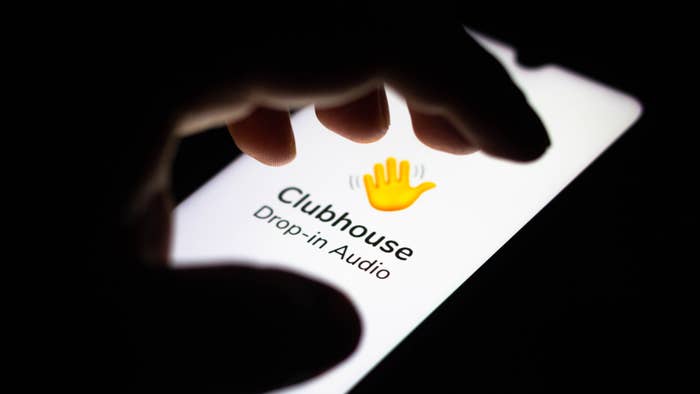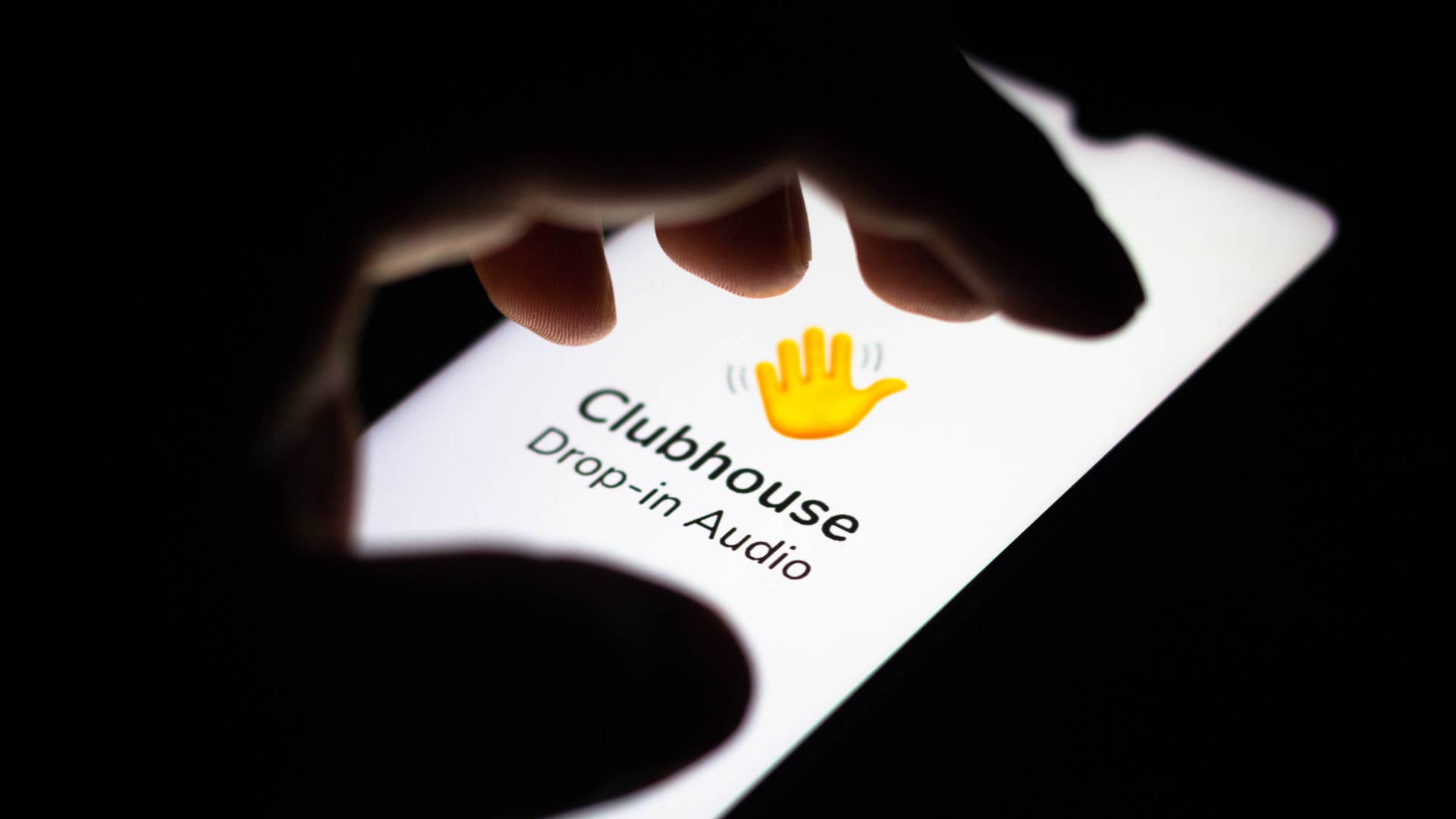
Despite still being an invite-only network at the time of this writing, you’ve surely heard a lot about the Clubhouse app in recent months.
Since its iOS launch in April 2020, the audio-based app from Alpha Exploration Co. has quickly amassed the sort of feverish popularity that often takes much longer for a fresh service to achieve.
More recently, even more heads were turned with the announcement of an impending Clubhouse-conducted chat between mutual admirers Elon Musk and Kanye West.
In the event that you’ve been asleep at the wheel over the past few months, we’ve put together a condensed rundown of the ins and outs of the Clubhouse experience below, as well as taken a look at what could be ahead for the service in the near future.
Founded by Paul Davison and Rohan Seth, who head the aforementioned Alpha Exploration Co., Clubhouse has been touted as “a new type of network based on voice.” In short, you’re greeted with different rooms full of ongoing conversations when opening the app, with the design allowing for users to “hop in and out” of different conversations whenever they see fit.
Users first enter a room as a mere audience member, though a quick raising of the hand allows for participating speakers to invite you to join the discussion. Additionally, users have the option of simply starting up their own room.
At the time of this writing, the app was available for iOS users only. An Android version, however, is said to be in the works.
And though the app is still in an invite-only stage, existing users can invite friends to the platform, so just hit up your in-the-know pal if you’re hell-bent on becoming a part of the Clubhouse universe. In January, Clubhouse said it had a goal of opening up the service “to the whole world” this year.
The assortment of public figures to have embraced the Clubhouse platform is indicative of its wide-ranging appeal. Names you may or may not have seen mentioned as having popped in for chats of varying impact include Elon Musk, Drake, Mark Zuckerberg, Van Jones, MC Hammer, Vanilla Ice, Meek Mill, 21 Savage, Zendaya, Serena Williams, Lupe Fiasco, and many more.
Still to come, notably, is that recently announced link-up with Musk and Kanye West. The two have long been public appreciators of each other’s work, with West famously defending Musk back in 2018 while speaking to students at a private art school in Detroit. “I don’t care who’s over at his house, leave that man the fuck alone,” West said at the time.
A Clubhouse-set discussion between the two is sure to be a highlight in the early era of the platform. Even Musk himself is predicting as much:
Despite an ongoing pandemic putting much of the industry on pause, creatives in the music space have been consistently crafting new ways to keep artistically active while also engaging with fans. Clubhouse, of course, has proven key in these uniquely 2020/2021 developments.
One such example is the beat battle series launched by Boi-1da, Cardo, and manager Simon Gebrelul.
“In the producer community, everybody’s really cool with each other, and everybody’s on Clubhouse, anyway,” Boi-1da told Complex back in December. “You know, it’s COVID time and there are no ways for people to really interact with each other. There are no ways of having beat battles, so we figured we’d just do it over Clubhouse.”
Other artists like Lupe Fiasco, meanwhile, have taken a more introspective approach by talking with fans about everything from industry ups and downs to his favorite foods. He’s also went deep on his writing process, all while actually being in the process of writing.
In January, Clubhouse was confirmed by The Information to have raised a Series B funding round led by Andreessen Horowitz. In their report, it was also said that venture capital firms had approached the founders about leading the next round at an estimated $1 billion valuation, which is roughly 10 times higher than a valuation made just eight months prior.
Master P later shared his take on the valuation development, urging Black creatives and fans to put this energy elsewhere.
“I keep telling people, we go on Clubhouse, we making another one of them a billionaire,” P said in a video. “We just did it! Just for Clubhouse. We need to create stuff like that to where we control the narrative and we’re able to put the money back in our community and our culture.”
A breakdown from Axios that same month added that Clubhouse had raised around $100 million at a $1 billion post-money valuation. In its report, a potential artificial inflation (inspired by the pandemic) was mentioned as a potential risk moving forward, while the potential reward is that Clubhouse could very well mark the next step in the ongoing changes of the social media landscape.
Clubhouse has big plans for the year ahead, including the rollout of a round of tests in which creators will be able to get paid directly via features including tipping, tickets, and subscriptions. Additionally, a portion of their new funding round will go toward the implementation of a Creator Grant Program that will help “support emerging Clubhouse creators.”
The platform is also vowing to keep user safety at the forefront by increasing its Trust & Safety and Support teams as the community continues to grow in numbers. Some, however, have expressed concern over the potential for privacy-related issues on the service.
This month, a report from the Stanford Internet Observatory (SIO), for example, said it had found that the Shanghai-based company Agora Inc. supplied “back-end infrastructure” for Clubhouse, adding that users’ ID numbers and chatroom IDs are transmitted via plaintext, which—per the Verge—“would likely give Agora access to” raw audio from the app.
An Agora rep told the Verge the company doesn’t have access to, share, or store personally identifiable data. A Clubhouse rep, meanwhile, later told SIO that additional encryption and blocks aimed at stopping Clubhouse clients from “ever transmitting pings to Chinese servers” would be rolled out in the future. Furthermore, an external security firm will be tapped to review the updates.
The app, as stated above, remains an invite-only platform at the time of this writing. However, particularly in its earlier days, some were said to be taking advantage of this by attempting to profit off invites. The Clubhouse team is aiming to make the service available to all “as fast as we can.”
If you’re not able to get an invite from someone already on the app, you can also add your info to the site’s official waitlist.

